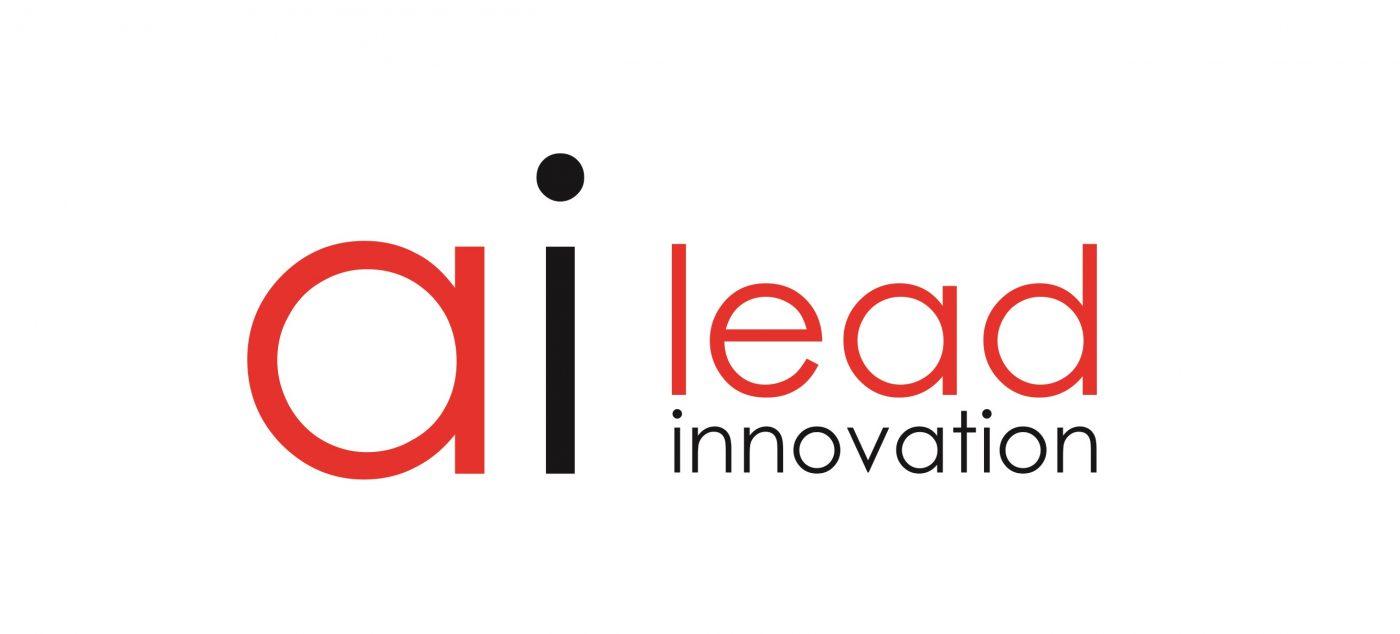Artificial intelligence (AI) is at the forefront of a revolution in healthcare, delivering groundbreaking solutions in diagnosis, treatment, and patient care. With its ability to process massive datasets and learn from patterns, AI is transforming how we approach medicine and improving lives worldwide.
One of the most prominent applications of AI in healthcare is early disease detection. Systems like IBM Watson Health, Google DeepMind, and Zebra Medical Vision can analyze medical images such as X-rays, CT scans, and MRIs to identify conditions like cancer, cardiovascular diseases, and neurological disorders. With high accuracy, AI aids doctors in making faster and more effective decisions.
AI also plays a vital role in personalized treatment. Algorithms can analyze individual medical records to recommend optimal treatment plans tailored to specific health conditions. This is especially critical in oncology, where personalized therapies are key to improving patient outcomes.
Additionally, AI is revolutionizing pharmaceutical research. Traditional drug development can take years and require significant investment, but AI accelerates this process by simulating chemical reactions and predicting the efficacy of new compounds. This not only speeds up timelines but also reduces research costs significantly.
In healthcare delivery, AI-powered chatbots like Ada Health and Babylon Health are becoming virtual medical assistants. They can answer symptom-related questions, provide preliminary guidance, and even help monitor chronic conditions. This improves healthcare accessibility, particularly in underserved areas.
However, the integration of AI in healthcare comes with challenges such as patient data security, algorithm transparency, and reliance on technology. To maximize AI’s potential, healthcare organizations must establish clear regulations and ethical standards.
AI is not just a support tool; it is a game-changer in modern medicine. In the future, AI promises to deliver even greater advancements, from personalized treatment to global disease prediction, contributing to a smarter and more sustainable healthcare system.



